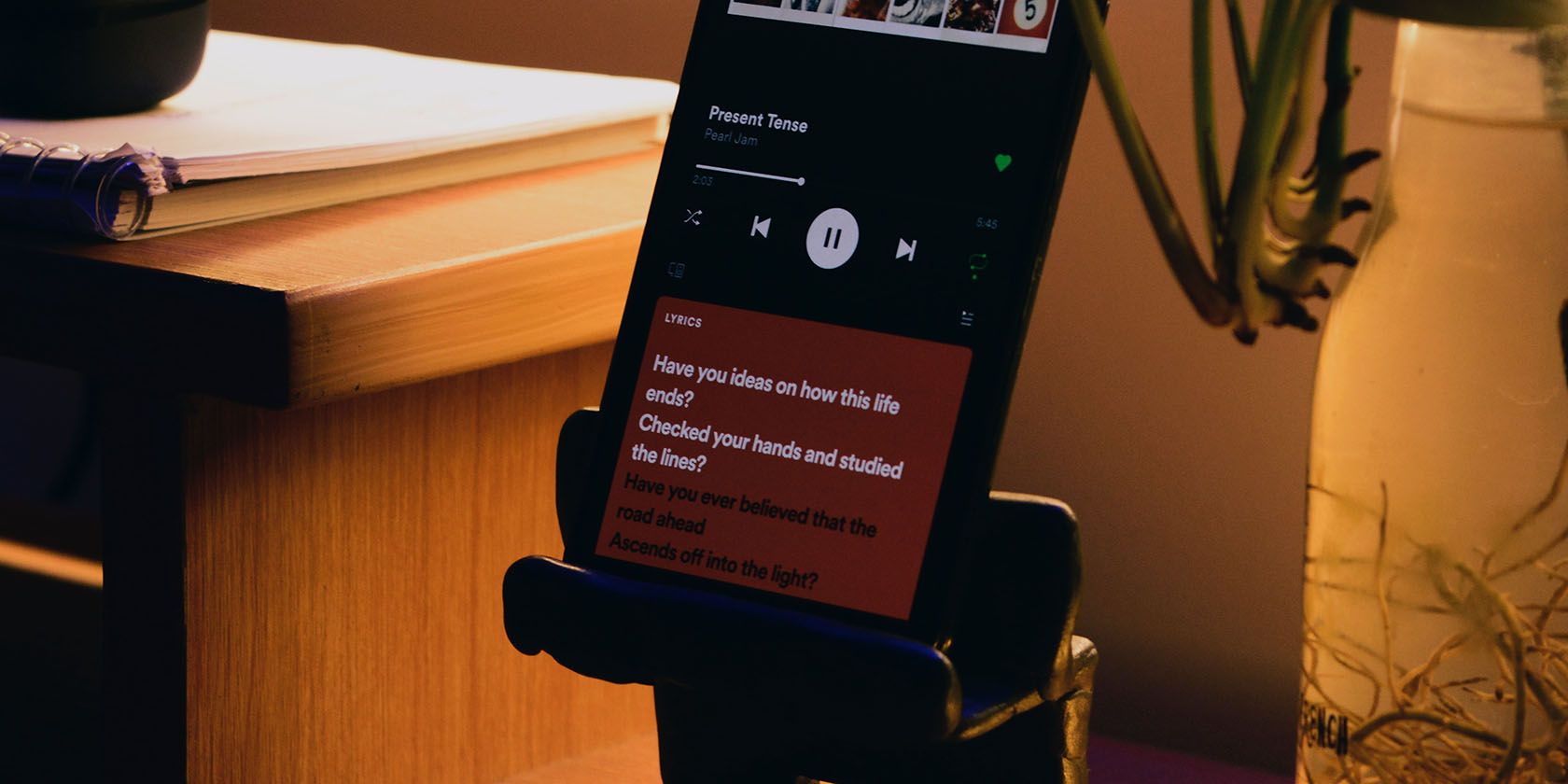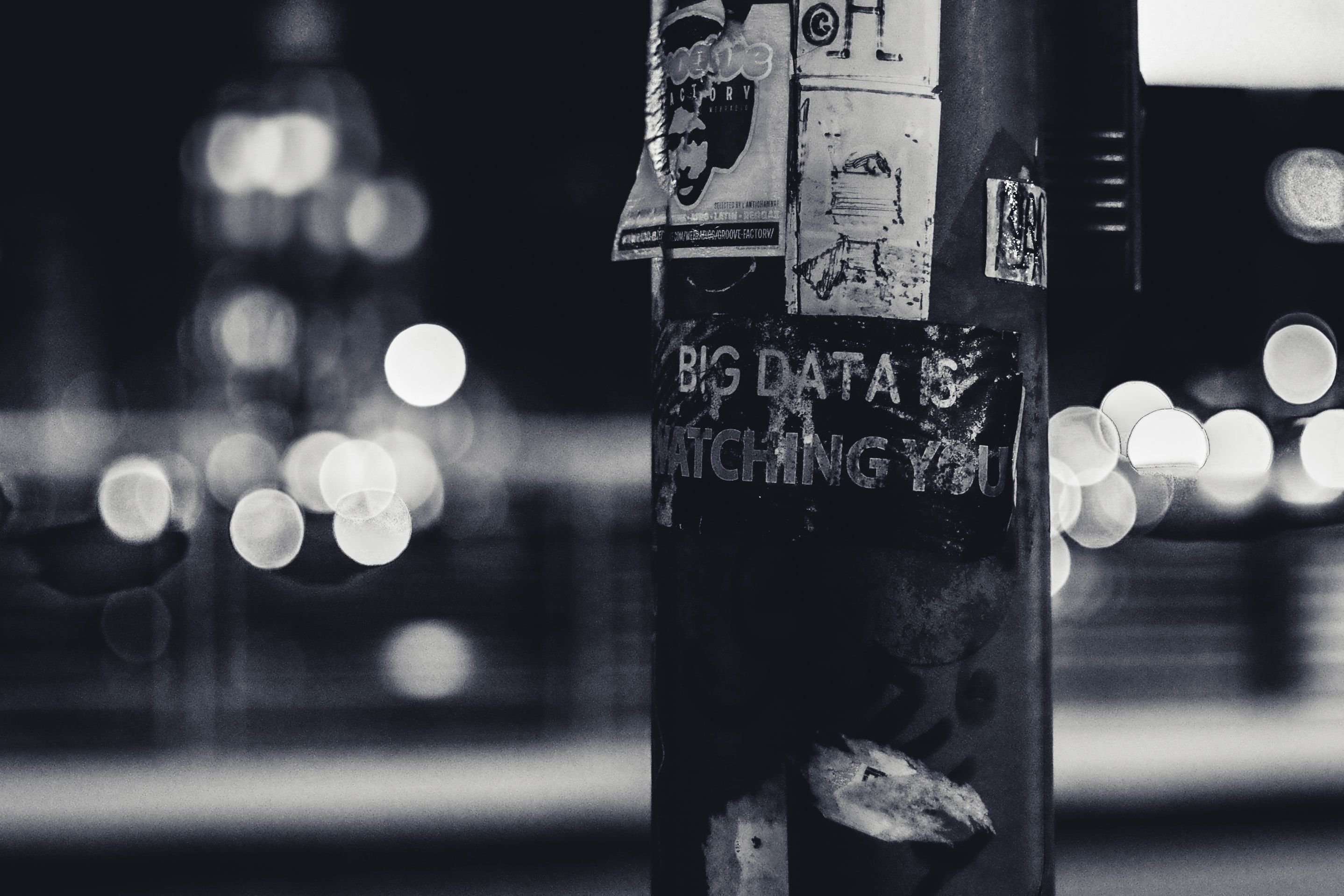Listening to music can be an incredibly intimate experience, and what we listen to often says a lot about other aspects of our life.
Every so often, it’s about happy moments like weddings, anniversaries, graduations, and birthdays. Other times, it’s about isolation, heartbreak, or grief. In the middle, it can even be for daily workouts, study music, or spending time with your pets. But regardless, there’s a song for every moment.
However, businesses knowing all of that can be a problem—especially they are used to convince you to buy things you don't need or aren't good for you using emotional analysis.
Spotify’s Plans to Use Emotional Analysis Technology
In 2018, Spotify filed a patent that would essentially allow it to make suggestions based on your emotional state, gender, age, social setting, or even accent. Revealing numerous clues towards Spotify’s future with emotional analysis, this patent was finally approved in January 2021.
While one can argue that song or playlist titles already give away much of a person’s mood, Spotify plans to take things further by using voice technology combined with history and metadata. According to its patent, Spotify can attribute various emotional states based on pitch, intonation, and rhythm using artificial intelligence.
Aside from speech recognition, the patent also reveals the role of environmental metadata. For example, enabled geolocation reveals whether you’re on your morning commute, in a bar, or at work. Using your subscription location, Spotify also knows if you’re likely in the comfort of your own home.
On the other hand, it can also identify a user’s audio environment inputs that reveal if you are listening alone, in a couple, or part of a group.
So, why exactly is this a problem?
The Dystopian Possibility of Emotional Surveillance
In many ways, streaming is a gift that lets people access content unlike ever before. However, it also gives brands access to you in ways that you never thought were possible. In fact, Spotify is in a unique situation wherein it can recognize important life events, vulnerable emotional states, and social situations when they are actually happening.
At first, it may appear as if the data gathered will be used solely for music recommendations. However, it's important to understand that Spotify shares this information with other companies as well. While we can't know for sure who will have access to it, it's likely to show up on integrated social profiles, third-party advertisers, or even data brokerage databases.
For example, if you create or follow playlists with the word “Wedding”, your digital fingerprint will include being married to your online persona. If other information about you reveals that your wedding is happening soon, you’re likely going to get ads that are related to products and services meant for engaged or newly-wed couples, such as honeymoons or real estate agents.
Arguably a bigger problem, however, is when the music you listen to suggests negative emotions. If your combined metadata suggests that your relationship is heading for or is in the middle of a divorce, third-party advertisers could be quick to jump on the emotional vulnerability and complicated feelings that come with it. This might mean everything from serving ads of gambling sites, alcohol, or even apps designed for partners to cheat on each other.
Vulnerable groups like teenagers are also at high risk of being manipulated by companies seeking to profit from their emotional volatility and need for acceptance. Young people who are perceived to be always alone, sound sad, and listen regularly to depressing music can become primary targets of all sorts of products and services.
One can hope and expect that Spotify can manage the ethical implications of knowing exactly when people are the most vulnerable. However, there’s no telling how much of this data is safe in the hands of aggressive data brokers, hackers, or other companies.
How to Stop Spotify from Using Your Data
Before you can begin to prevent Spotify from using your data against you, it’s important to know what kind of data they actively collect. While Spotify does collect some information that is necessary for improving your listening experience, some of the data it gathers is not.
Next, you have to understand that your data is most powerful when it is in context. For this reason, you should make your data across platforms more difficult to attribute to yourself by decentralizing it. With this, it’s best to unlink social profiles, single sign-on, and mobile numbers as much as possible. If it is not necessary for accessibility, it may also be a good idea to disable things like location tracking and voice recognition.
However, it's important to remember that Spotify is a business. Therefore, you shouldn’t expect their services for free (even if it’s called Spotify Free). One of the best ways to make sure companies like Spotify get less of your data is by using a paid subscription instead of the free version.
While it is possible to silence Spotify ads without harming artists, paying for a Spotify subscription likely helps to increase the payout of your favorite artists. It's no guarantee that your data is not collected at all, but it is one less channel for you to receive tailored ads for products and services.
Additionally, using less social media, ad blockers, and anonymous browsers can further reduce your exposure to ads in general.
Being Mindful of Emotional Vulnerability Online
Brands will always try to find ways to sell you things you don’t need. In fact, this has been the standard even before the age of the internet. However, the rise of surveillance-driven capitalism increases the risk of predatory marketing practices significantly.
For this reason, it’s still important to take control of how much of your data is up for grabs. While Spotify may not want to use your data for any outright nefarious purposes, the same can’t always be said about third-party advertisers that have little incentive to be ethical.
Lastly, remember that while surveillance can help coerce you into a purchase, you always have the final say when it comes to when and where to spend your money. You have the power to say no to things that you don’t need, can’t afford, or just aren’t good for you.




